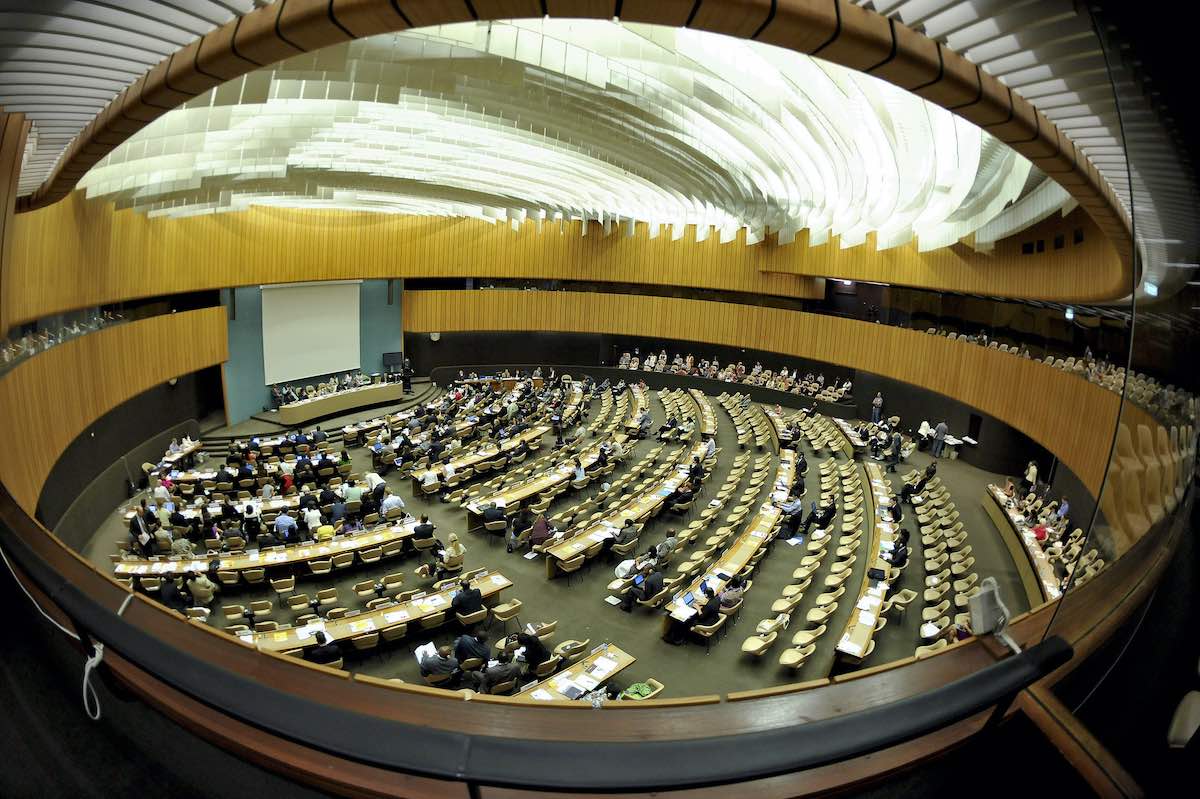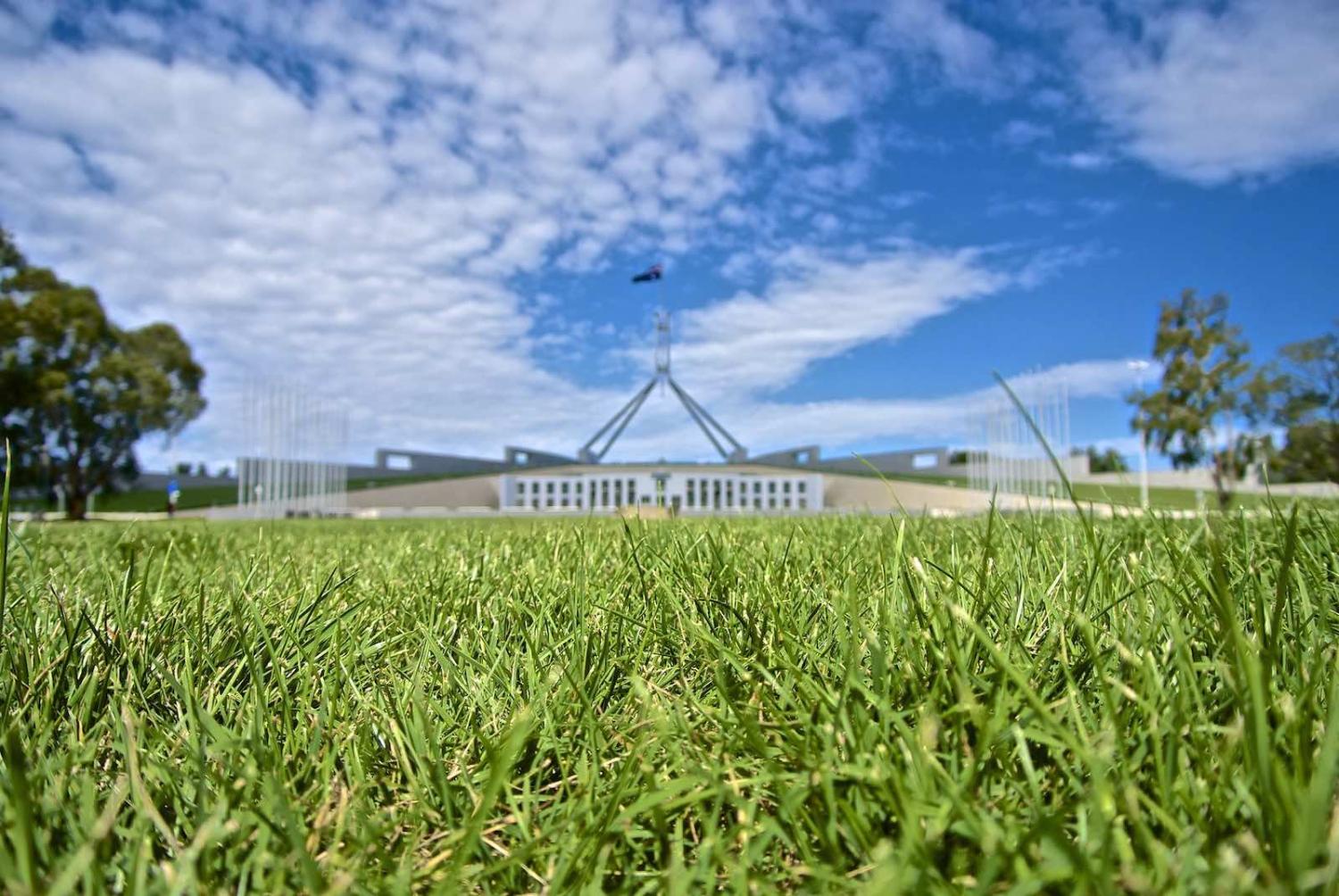The Interpreter has kept its eyes on political appointees to Australia’s diplomatic posts. Daniel Flitton’s most recent piece ended with the observation that the government should better explain why politicians make “excellent envoys”. The government explanation is likely to be, in the most diplomatic terms, “referred back to full committee”. So in the meantime, let’s take a look at the debate.
Those in support of political appointees emphasise three interconnected arguments.
First, political appointees give the receiving state the confidence that their views are accorded privileged status to the government of the day. Parliamentarians, particularly those with recent or long-standing service at ministerial level, are naturally assumed to hold strong links with former colleagues. For the receiving state, this implies they will “have the ear” of the government of the day.
Second, political appointees demonstrate the sending state accords the bilateral relationship a high degree of significance. Parliamentarians are individuals who have ostensibly reached the pinnacle of public service. Until recently, in the short and still nascent Australian diplomatic tradition, the passage from minister to the Court of St. James’s in London, or to be ambassador in Washington, implied political appointments were reserved for the closest and most important relationships. With each new political appointee to other nations, this gets harder to justify. It also risks raising difficult questions. Are Beijing or Jakarta not important enough for political appointees? Why was a political appointee sent to Japan and not South Korea? Are our relationships to states downgraded when a political appointee is replaced by a career diplomat?
Third, political appointees can accord the entire mission a greater status or can give new focus to a bilateral relationship. Political appointees can have influence and prestige of which career diplomats can only dream, and in such circumstances can be powerful agents of change. If a state were to upgrade a bilateral relationship, or if it were to emphasise a new focus in the bilateral relationship, then sending a political appointee can make a powerful statement.

Those opposed to political appointees emphasise three equally convincing arguments.
First, politicians are not diplomats. Politics and diplomacy evolved over centuries as different institutions and require different skill sets. Where diplomats see reliability, accuracy, patience, modesty and tact to sustain relationships over the long term, politicians pursue short-term objectives within political timeframes. Diplomats facilitate the building of diplomatic trust to overcome the lack of political trust. In the renowned text Diplomacy, which sits on a bookshelf in most embassies across the globe, the diplomat-scholar Harold Nicholson, notes diplomacy requires “certain special qualities … not always to be found in the ordinary politician”.
Second, political appointees as an “end-of-career bonus” have the potential to undermine the political neutrality of the public service. When taken to the extreme, the result can be appointments made purely in return for political and/or financial support, and the resultant tenure change with each change of government, thereby reducing continuity and efficiency. Americanisation of Australia’s diplomacy is just around the corner.
Securing the benefits, and avoiding the pitfalls in political appointments is a hard ask.
Third, political appointees disrupt career path progression for career diplomats. As more political appointments are made, the instability, the family life sacrifice and the inevitable late nights and overwork become less and less attractive. From a career diplomat’s perspective, it’s particularly depressing seeing politicians take the plum jobs after a term lording over efficiency dividends, and seeing the department plummet towards becoming a glorified travel agency. Add to this the fact that report after report highlights Australia’s foreign ministry malaise at a time when it’s most needed, and sooner or later, morale will suffer, and retention and recruitment decline.
Securing the benefits and avoiding the pitfalls in political appointments is a hard ask. One approach is to avoid direct political appointment and instead open specific ambassadorial posts to open recruitment. Posts are open to public servants both within and external to the foreign ministry, industry leaders, sports people, civic leaders and, dare I say, academics – anyone who at a senior stage of their career can demonstrate the required skills and dedication to representing the interests of the country. If a former politician is successful in a transparent, merit-based recruitment process, the suspicion we are indeed a banana republic with an emergency slide for retiring politicians would subside.
Another approach is to limit political appointees to “special representative” roles. A special representative is any diplomat appointed on a mission with a specific purpose, most often in areas that do not fit into existing departmental structures, require cross-departmental coordination or require substantial integration of both the domestic and international. The role also often implies a particularly close relationship to the government of the day, and politicians do have advantages in such roles. They are able to herald domestic resources (often a weakness for career diplomats) and at the same time demonstrate to partners the priority accorded by the government to the mission.
The debate over political appointments to ambassadorial posts has a long history in the United States, but has only recently become an issue in the United Kingdom. Australia sits uneasily between the two – with its “excellent envoys” underfunded, and its political appointments growing. This debate will only intensify.

